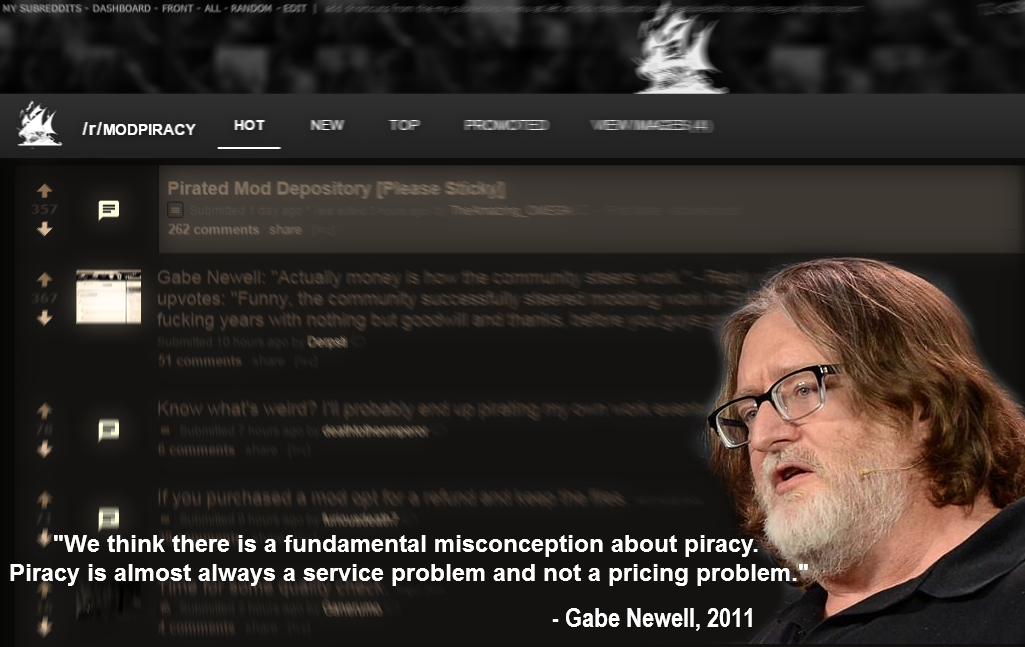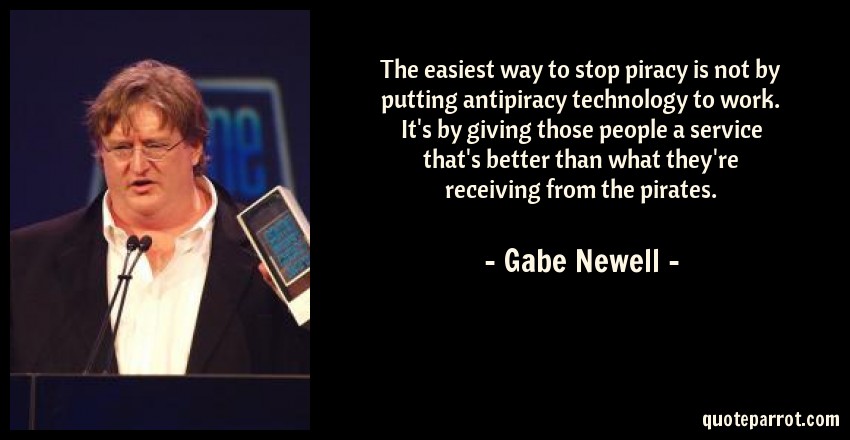- Joined
- Mar 3, 2018
- Messages
- 1,713
A recent New Zealand study spotted by TorrentFreak said that "piracy isn't driven by law-breakers." Instead, it's reportedly driven by the availability and reasonably priced legal content. The researchers note that streaming services like Netflix, YouTube and Spotify are effectively doing "what was impossible for Hollywood to get right," and killing piracy in the process, as consumers are less motivated to pirate content when it's readily available by legal means. They concluded that "Piracy is finally dying. The reason for that requires an understanding of why people pirated in the first place. They didn’t do it because of inherent criminality, but rather because they couldn’t get the shows they wanted at a price they were prepared to pay."
Hamilton says Kiwi consumers are a savvy lot, too. While the research shows that in general people don't have much appetite for pirating, there is much higher agreement that 'It would be almost impossible to stop people doing this'. "The simple fact for those who know anything about the internet, is that censoring the internet doesn't work. People know there are multiple sites where it is possible to download illegal material. They also know that blocking the most popular ones simply means you'll get pirated material elsewhere." But the really interesting thing, says Hamilton, is a question around what would stop those who still occasionally view pirate content from doing so. "Overwhelmingly, New Zealanders said 'cheaper streaming services' and 'more content available on existing streaming services'. These two options were by far ahead of other options, at 57 and 48 percent respectively. Punitive measures, such as prosecution for pirates and censorship of pirate sites, were only thought likely to be effective by 33 and 22 percent of people, respectively."
Hamilton says Kiwi consumers are a savvy lot, too. While the research shows that in general people don't have much appetite for pirating, there is much higher agreement that 'It would be almost impossible to stop people doing this'. "The simple fact for those who know anything about the internet, is that censoring the internet doesn't work. People know there are multiple sites where it is possible to download illegal material. They also know that blocking the most popular ones simply means you'll get pirated material elsewhere." But the really interesting thing, says Hamilton, is a question around what would stop those who still occasionally view pirate content from doing so. "Overwhelmingly, New Zealanders said 'cheaper streaming services' and 'more content available on existing streaming services'. These two options were by far ahead of other options, at 57 and 48 percent respectively. Punitive measures, such as prosecution for pirates and censorship of pirate sites, were only thought likely to be effective by 33 and 22 percent of people, respectively."
![[H]ard|Forum](/styles/hardforum/xenforo/logo_dark.png)


